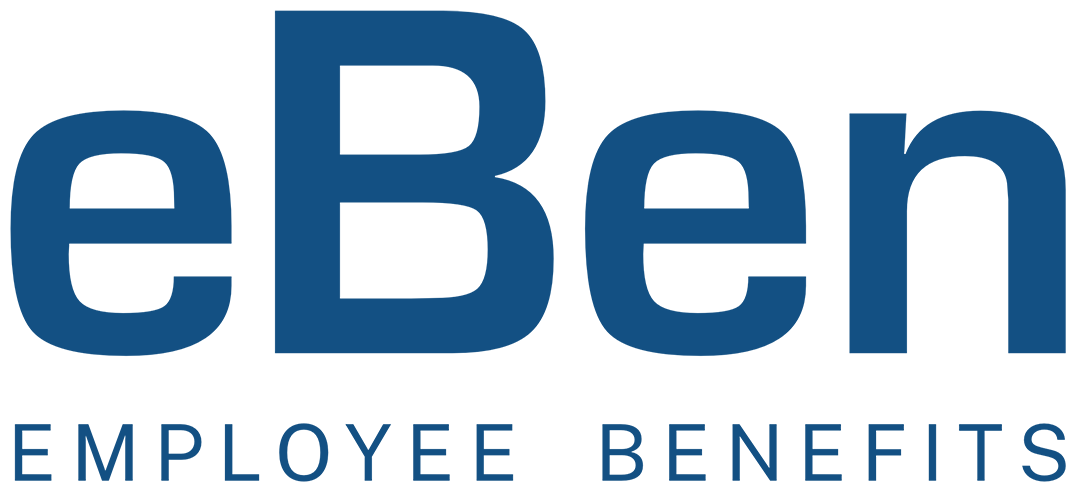 Building upon longstanding discrimination protections under existing federal law, two new laws will bring new attention in the coming months.
Building upon longstanding discrimination protections under existing federal law, two new laws will bring new attention in the coming months.
Effective June 27, 2023, the Pregnant Workers Fairness Act (PWFA) will require employers with 15 or more employees to provide reasonable accommodations to employees and job applicants facing temporary physical or mental limitations related to pregnancy, childbirth, and related medical conditions.
This marks a significant development in employment law as previous courts have held that pregnancy did not warrant protection under the Americans with Disabilities Act (ADA), which requires reasonable accommodations to employees with disabilities. However, the PWFA now obliges employers to provide reasonable accommodations unless it would cause undue hardship.
The definition of “reasonable accommodation” and “undue hardship” used in the PWFA mirrors that of the ADA, including the interactive process for determining appropriate accommodations. Under the new law, employees or their representatives can inform employers of their limitations, and employers must not force them to take leave if other reasonable accommodations are available.
It is worth noting that this new law does not give the employee a “blank check” in terms of what accommodations must be provided by their employer. The statute does provide a defense for employers who work in good faith to provide alternative solutions that do not cause undue hardship for the employer and its ordinary operation.
Overall, the PWFA represents a significant step towards creating a more inclusive and supportive work environment that values the well-being of all employees, including pregnant workers.
Practical Compliance Tips:
- While not every workplace rule or practice needs a policy, it is essential to review and update the reasonable accommodation policy, if one exists, as needed.
- Ensure that both managers and HR professionals receive training, so they are consistent in their practices and policies.
- Establish a process for handling accommodation requests related to pregnancy, similar to the ADA process, including the request for supporting documentation from the employee’s treating provider.
- Take into consideration state and local laws that may offer additional protection for pregnant employees. Review any policies or practices to ensure they comply with the more generous state and local laws. (For example, some city and state laws prohibit employers from requesting medical documentation to confirm an employee’s pregnancy, childbirth, or related medical conditions as part of the accommodation process. Therefore, any policy, practice, or form may need to be modified depending on where the employee is located).
- Approach pregnancy-related accommodation requests with a willingness to find a solution that does not cause undue hardship on operations. Make every effort to identify a reasonable accommodation that works for both the employee and the company.
PUMP for Nursing Mothers Act
 The Providing Urgent Maternal Protections for Nursing Mothers Act (also known as the PUMP for Nursing Mothers Act) has expanded the Fair Labor Standards Act’s (FLSA) requirements for employers to provide reasonable break time for nursing mothers to express breast milk for one year after their child’s birth. Employers are also obligated to provide a private, non-bathroom space for expressing milk. The law became effective on December 29, 2022, with changes to available remedies taking effect on April 28, 2023.
The Providing Urgent Maternal Protections for Nursing Mothers Act (also known as the PUMP for Nursing Mothers Act) has expanded the Fair Labor Standards Act’s (FLSA) requirements for employers to provide reasonable break time for nursing mothers to express breast milk for one year after their child’s birth. Employers are also obligated to provide a private, non-bathroom space for expressing milk. The law became effective on December 29, 2022, with changes to available remedies taking effect on April 28, 2023.
What Changed?
Under the PUMP for Nursing Mothers Act, all employees are covered, and the break time may be unpaid, unless state or federal law or municipal ordinance requires otherwise. If non-exempt employees express breast milk during a paid break or are not fully relieved of duty during a break, they should be paid. Exempt employees must be paid their full weekly salary regardless of whether they take breaks to express milk.
The law requires employees to give notice of alleged violations and employers to have a 10- day cure period before filing a suit, with some exceptions.
Employers with fewer than 50 employees and air carrier crew members can still rely on the small employer exemption if compliance would cause undue hardship and/or expense, but rail carriers and motorcoach services operators are covered by the law.
Expert Compliance Recommendations
- It is essential to train the HR department and managers on the legal requirements and the process of providing adequate break time and private spaces for breastfeeding mothers.
- The federal law on breastfeeding, the PUMP for Nursing Mothers Act, does not override any state or local laws that offer greater protection. As a result, the company’s policies, and practices for providing private spaces for breastfeeding mothers may need to be revised based on the employees’ locations.
- Innovation is crucial to finding suitable staffing solutions and private spaces for breastfeeding mothers to express milk. The law does not mandate employers to have a permanent dedicated space, but rather a space that can be temporarily converted and made available when needed. This space should be shielded from view and protected from interruptions from coworkers or the public. A private office with a locking door can serve as a convenient space. Other options include privacy screens, curtains, signage, portable pumping stations, and collaborations with other employers to provide spaces.
 If you are an employer with questions about this topic or any other HR concern, please reach out to eBen today!
If you are an employer with questions about this topic or any other HR concern, please reach out to eBen today!
*Disclaimer: The information provided on this website is for informational purposes only and not for the purpose of providing legal advice.


